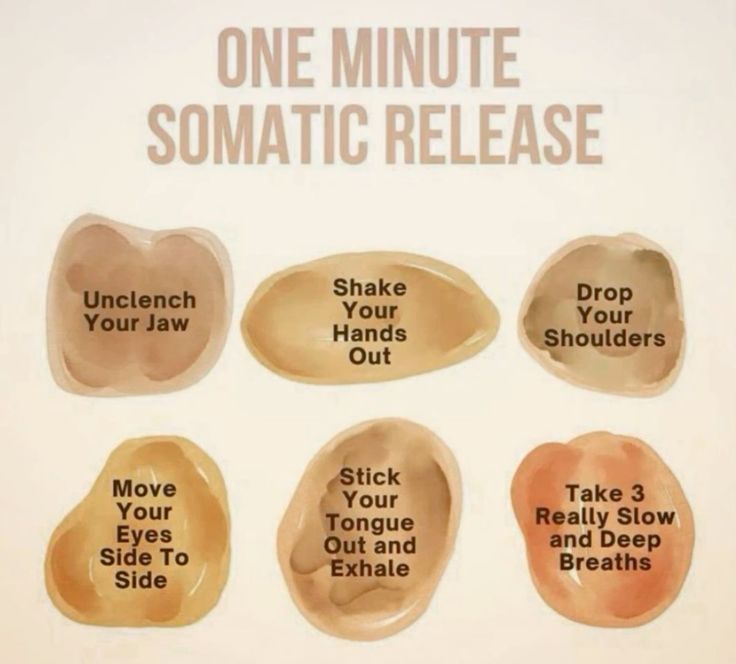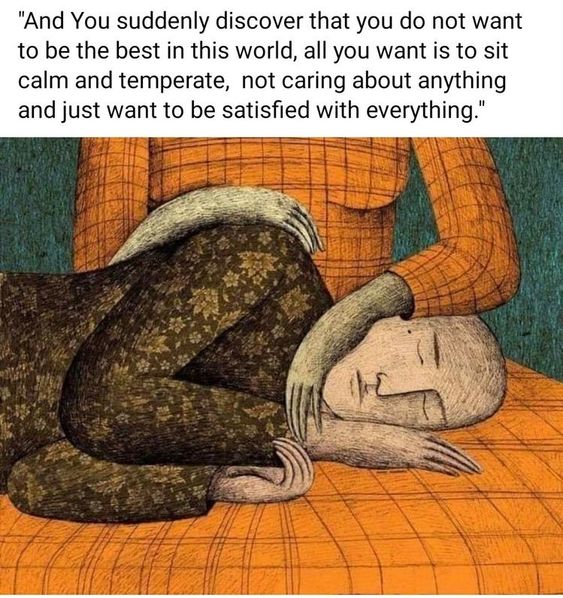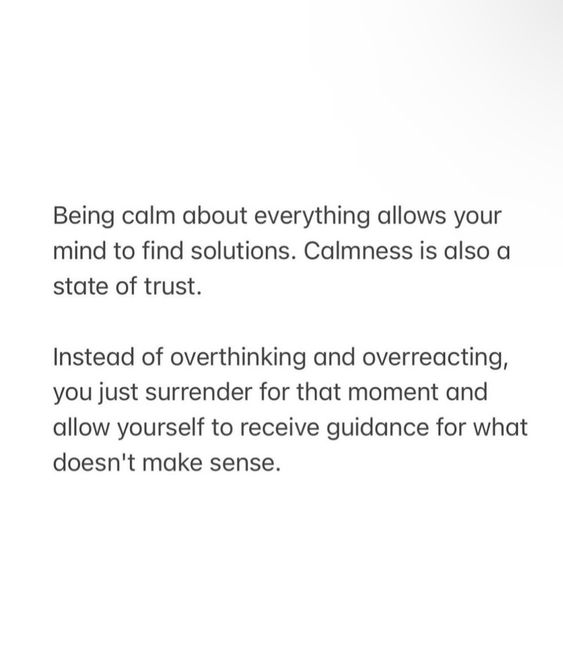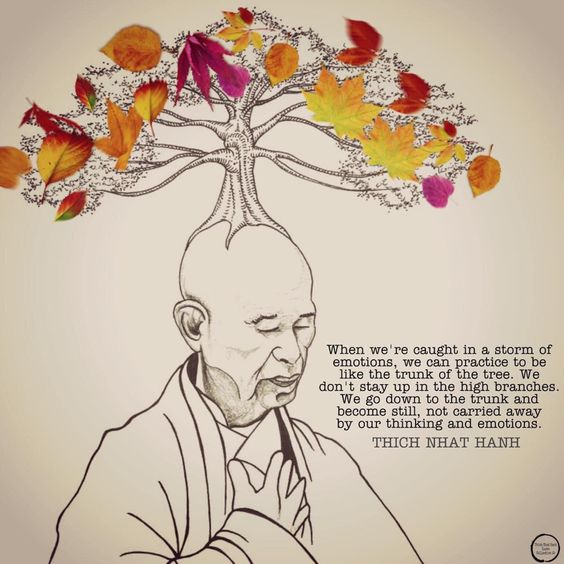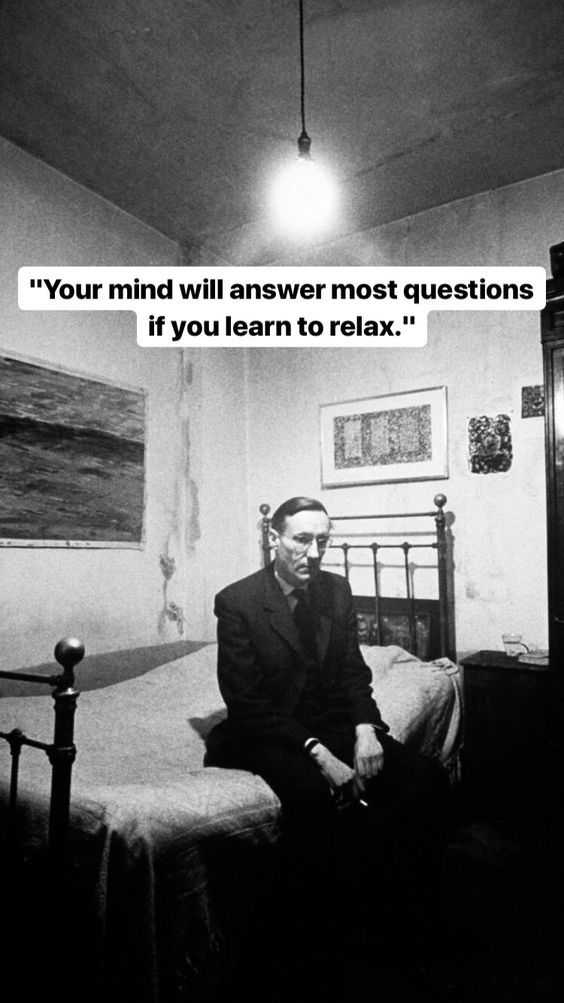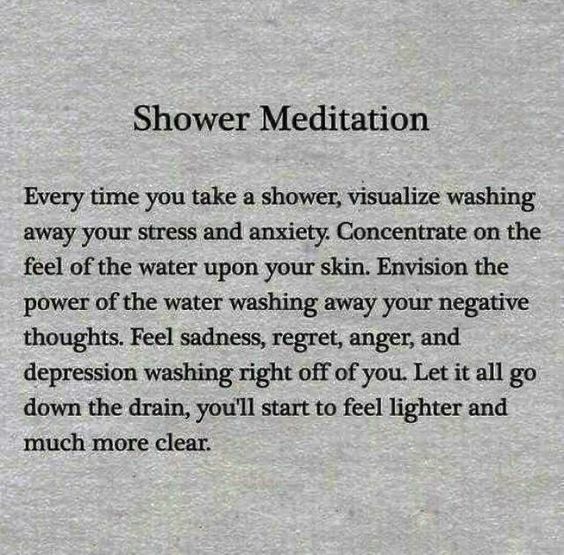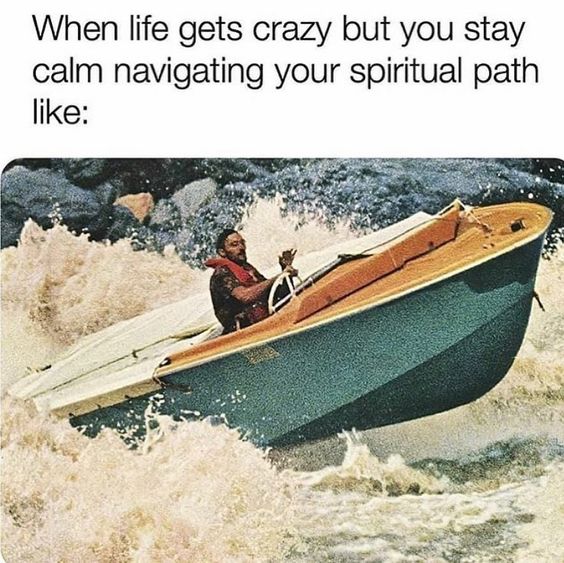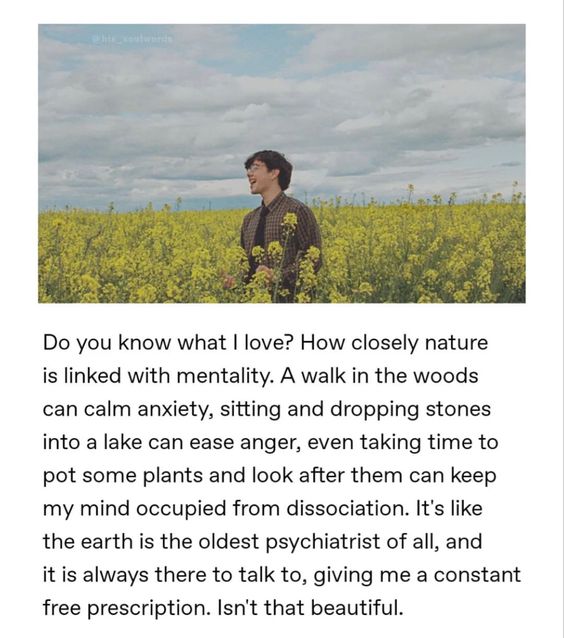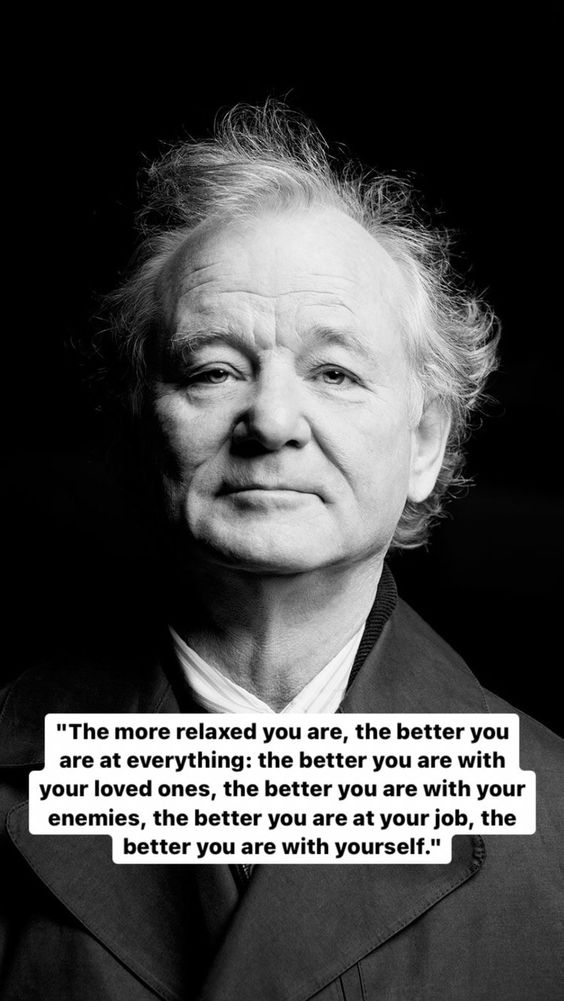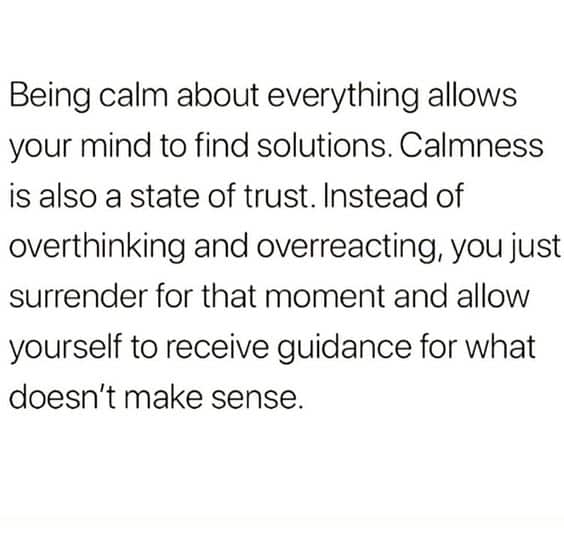“Ms. Jules took her tea to the comfy cushions, and—in what looked like it might be the first time that day—sat down. She closed her eyes and let out a tremendous sigh. Her shoulders visibly slumped. She’d always had the ability to relax them; she’d just needed permission to do so.”
Becky Chambers, A Psalm For The Wild-Built (Page 33)
“The nearer a man is to a calm mind, the closer he is to strength.”
Marcus Aurelius, via Discipline Is Destiny (Page 249)
Samurai Decor / Incense Holder
Why We ♥ It: Not only can these miniature terracotta samurai warrior statues be used as incense holders, but they can bring a powerful martial reminder to any room—symbolically representing values such as honor, courage, discipline, respect, and indomitable spirit. And because they can be used with incense, they can also have a calming, presence-of-mind effect.
“Love is the earth where one needs to be rooted. Just as trees are rooted in the earth, human beings are rooted in love. Our roots are invisible, so anything visible is not going to help. Money is very visible, a house is very visible, social status is very visible. But we are trees with invisible roots. You will have to find some invisible earth—call it love, call it godliness, call it prayer—but it is going to be something like that, something invisible, intangible, elusive, mysterious. You cannot catch hold of it. On the contrary, you will have to allow it to catch hold of you.”
Osho, Everyday Osho (Page 299)
“To enjoy anything one needs a very relaxed attitude. To enjoy life one needs eternity. How can you enjoy when death is going to come so soon? One tries to enjoy as much as one can, but in that very effort all peace is lost, and without peace there is no enjoyment. Delight is possible only when you are savoring things very slowly. When you have enough time to waste, only then only is delight possible. The Eastern concept of reincarnation is beautiful. Whether or not it is true is not the point. It gives you a very relaxed attitude toward life. That is the real thing. I am not worried about metaphysics. It may be true, it may not be true; that’s not the point at all. To me it is irrelevant. But it gives you a beautiful background.”
Osho, Everyday Osho (Page 297)
“Peaceful awareness not only helps you connect with people better and make good decisions, but it makes you stick out in a positive way. Calmness is exceedingly valuable in our tense world. How you cultivate yourself internally will show up in everything you create and share with the world.”
Yung Pueblo
“Looking back, our days in Ogimi were intense but relaxed—sort of like the lifestyle of the locals, who always seemed to be busy with important tasks but who, upon closer inspection, did everything with a sense of calm. They were always pursuing their ikigai, but they were never in a rush.”
Héctor García and Francesc Miralles, Ikigai (Page 110)
“The most natural way for human beings to calm themselves when they are upset is by clinging to another person. This means that patients who have been physically or sexually violated face a dilemma: They desperately crave touch while simultaneously being terrified of body contact. The mind needs to be reeducated to feel physical sensations, and the body needs to be helped to tolerate and enjoy the comforts of touch. Individuals who lack emotional awareness are able, with practice, to connect their physical sensations to psychological events. Then they can slowly reconnect with themselves.”
Bessel van der Kolk, The Body Keeps The Score (Page 103) | ★ Featured on this book list.
“To build a mindset that allows happiness in, you need to develop the quality of non-reactiveness. Life is generally uncontrollable and it is not possible to live without challenges, so eventually unwanted things and tough situations will appear. Being able to create space in your mind where you can recognize something as undesirable without reacting to it intensely not only helps you deal with it better, but it also keeps you connected to your peace. Not reacting literally allows peace to exist in your mind. The less you react, the more peace you have.”
Yung Pueblo
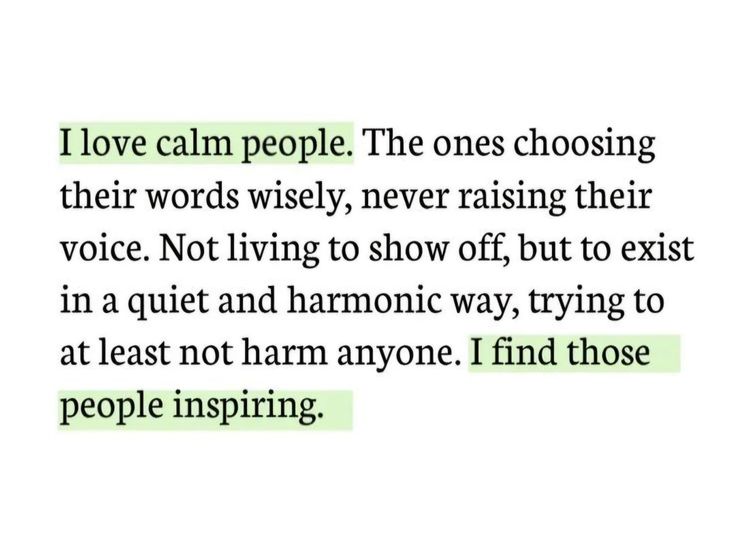
![[MMQ ♥’s] Samurai Decor / Incense Holder [MMQ ♥’s] Samurai Decor / Incense Holder](https://movemequotes.com/wp-content/uploads/2024/11/Samurai-Figures.jpg)
